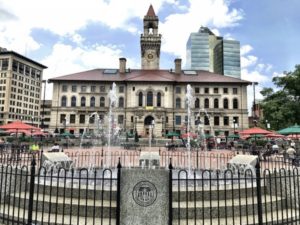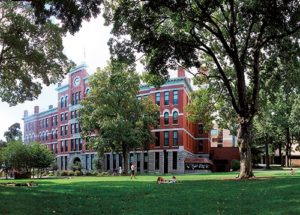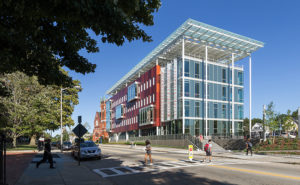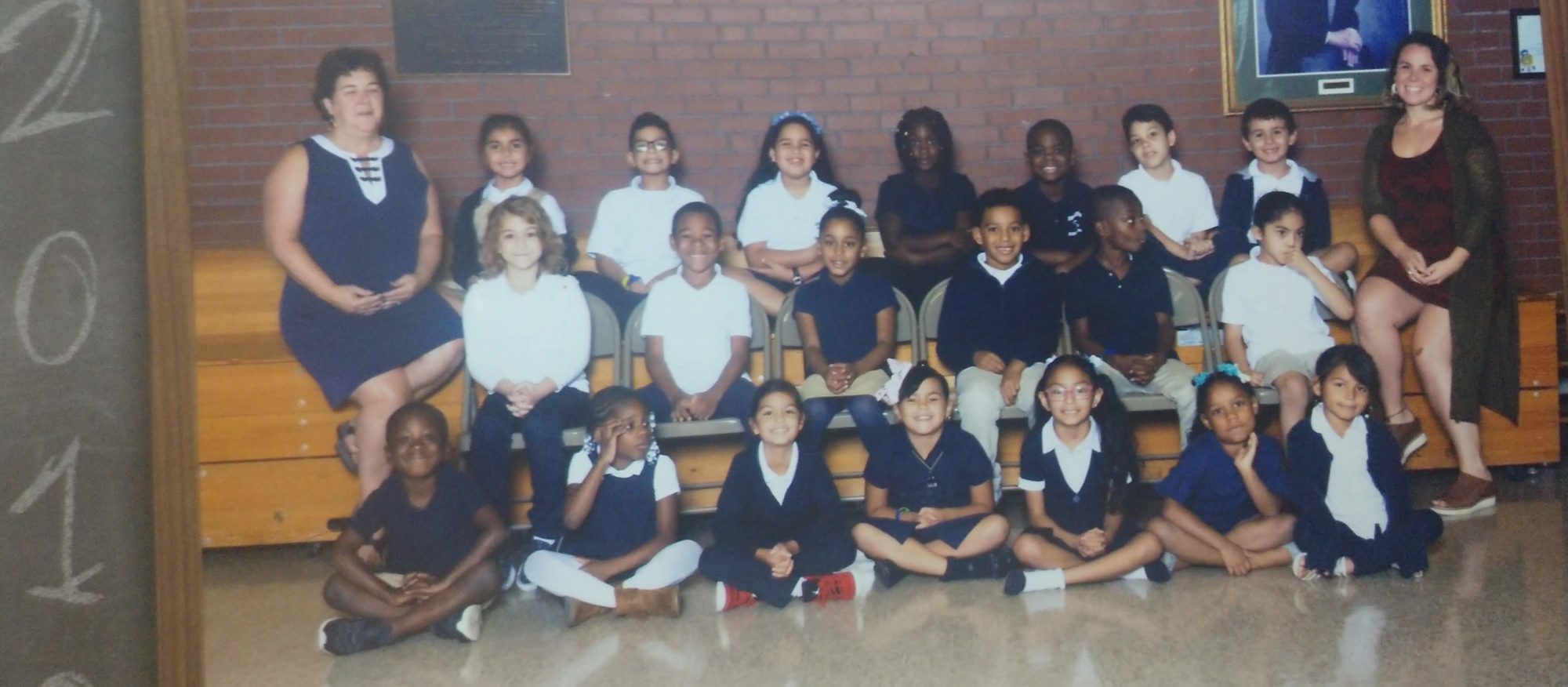Worcester
Worcester is an extraordinary city! Located in the heart of Massachusetts, it is the second largest city in New England, second only to Boston. It has a long history of innovative manufacturing throughout the Industrial Revolution, of which there are remnants today. 
Because of Worcester’s post-industrial economy and general energy of the city, it is a people-place, as I like to say. It is not a city that people would consider highly walkable, but the people here are what make it so special. There are constantly small community gatherings of celebration and social change.
Clark University and Worcester
Clark University has a legacy of lending a “helping” hand to Worcester founded on our motto, “Challenge Convention Change Our World.” While Clark’s actions have been well-intended, the impacts have not necessarily had long lasting positive impact. Clark often acts without the necessary interpersonal connections, which provide sustainable ways of knowing and sharing the same space, Main South, which has left legacy of some mistrust between Worcesterites and Clark students. Many individual actors have had profound positive impacts in Worcester, but regardless the geopolitical landscape has been completely shifted by Clark’s presence.
“Challenge Convention Change Our World.” While Clark’s actions have been well-intended, the impacts have not necessarily had long lasting positive impact. Clark often acts without the necessary interpersonal connections, which provide sustainable ways of knowing and sharing the same space, Main South, which has left legacy of some mistrust between Worcesterites and Clark students. Many individual actors have had profound positive impacts in Worcester, but regardless the geopolitical landscape has been completely shifted by Clark’s presence.
 The education department at Clark, however, has a long symbiotic connection with Worcester Public Schools where graduate students work inside a school learning what it takes to become a teacher providing the school with extra helping hands (greatly appreciated in such an underfunded field) and oferring a landscape for graudate students to gain the skills necessary. Other programs are designed with more of a “sink or swim” model for teachers-in-training. This can be a real threat to a student’s quality education if a teacher is not well prepared, not to mention can be incredibly stressful for a new teacher. A model such as this usually places students in a classroom with “in-need” students who, because of the racist tendencies of tracking, are usually black and brown, and perpetuates the notion that black and brown students do not deserve quality teaching, and in fact can receive untrained teachers.
The education department at Clark, however, has a long symbiotic connection with Worcester Public Schools where graduate students work inside a school learning what it takes to become a teacher providing the school with extra helping hands (greatly appreciated in such an underfunded field) and oferring a landscape for graudate students to gain the skills necessary. Other programs are designed with more of a “sink or swim” model for teachers-in-training. This can be a real threat to a student’s quality education if a teacher is not well prepared, not to mention can be incredibly stressful for a new teacher. A model such as this usually places students in a classroom with “in-need” students who, because of the racist tendencies of tracking, are usually black and brown, and perpetuates the notion that black and brown students do not deserve quality teaching, and in fact can receive untrained teachers.
Where I think Clark avoids this risk is by giving the student teachers ample support. I was in constant communication with both Holly Dolan (my Clark supervisor) and Mary Quillen (my mentor teacher) who made sure I was prepared to teach quality lessons that were well thought out.
That being said, the racial makeup of Clark’s MAT cohort is almost always white, and the students of Worcester are almost entirely black and brown. While our class discussions often revolve around issues of race, class, trauma, etc., the legacy of whiteness preceeds us and it is deeply central to any change in the system that there be teachers of more diverse backgrounds – in terms of race, gender, sexuality, size, etc. Of course someone’s identity does not in and of itself make them an effective teacher, however I do think there often well-qualified teachers-to-be who are unable to attend programs due to external barriers (financial, time, family, etc). I am extremely grateful to have been able to attend such a reputable program such as Clark’s Masters of Teaching program and am in support of current student organizers and MAT-candidates demanding for more support to get into the program.
